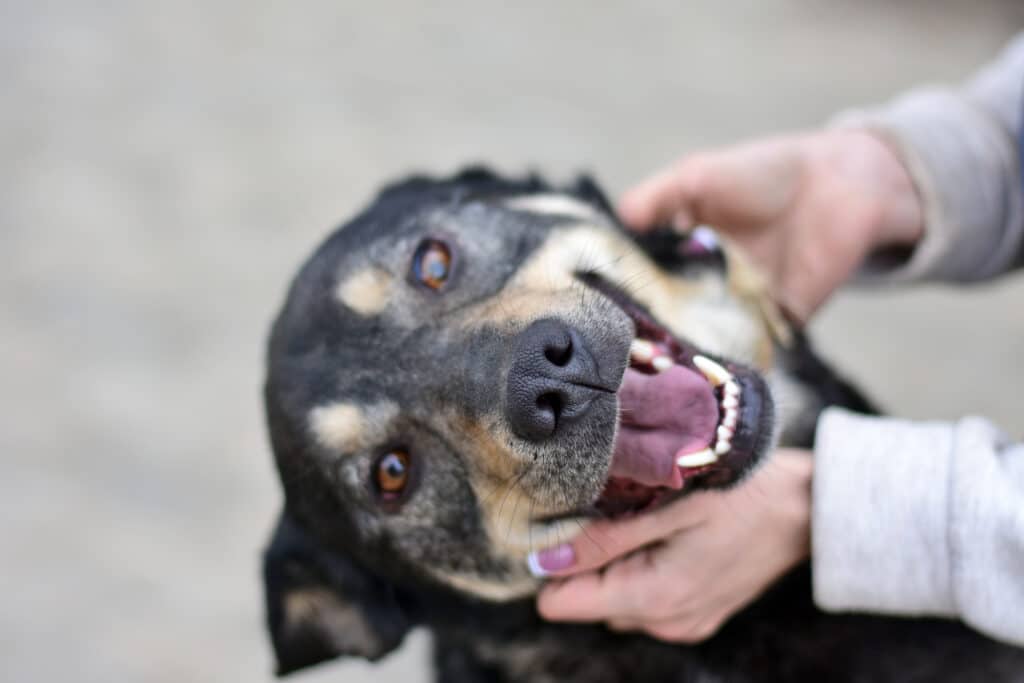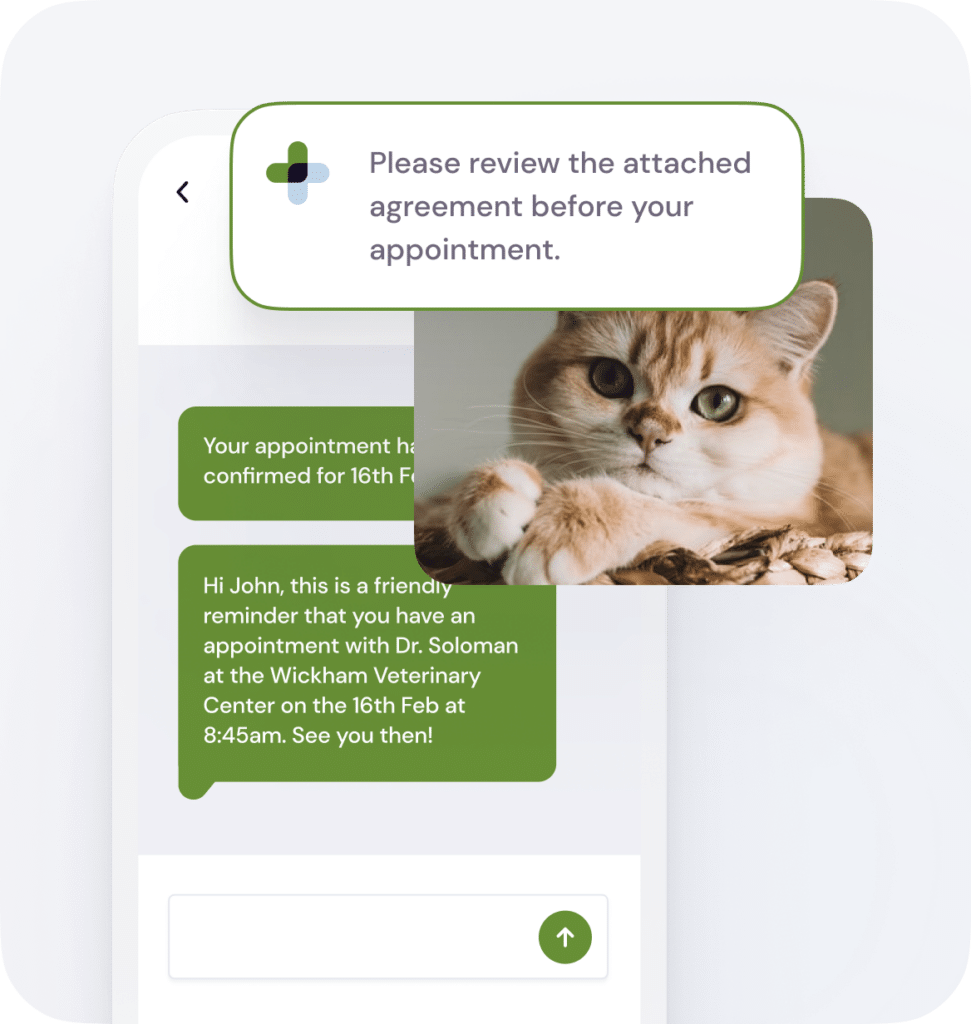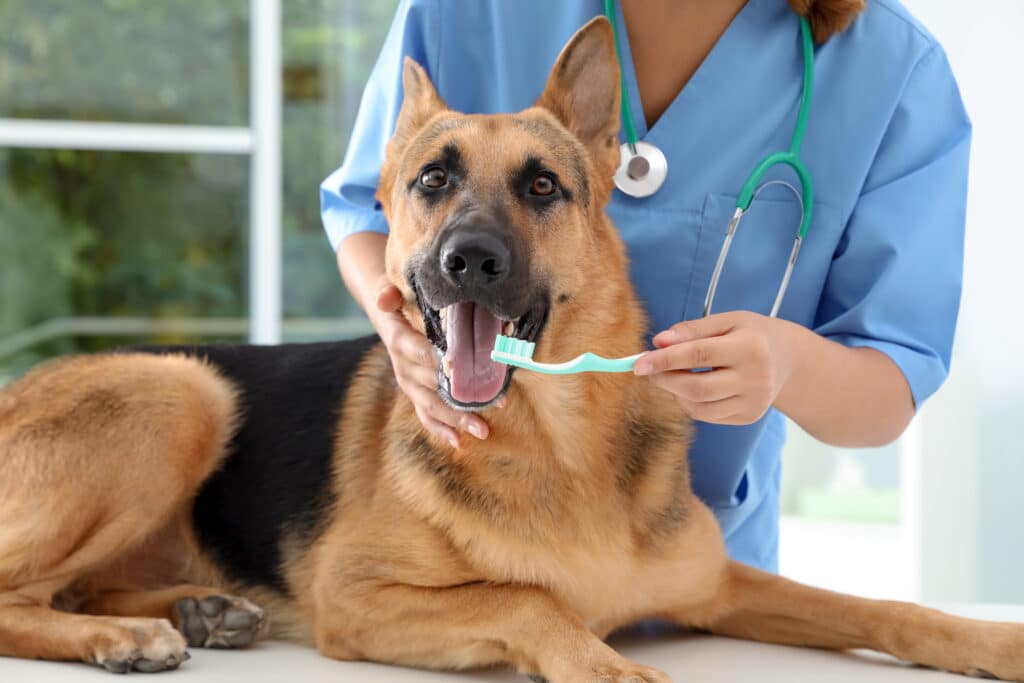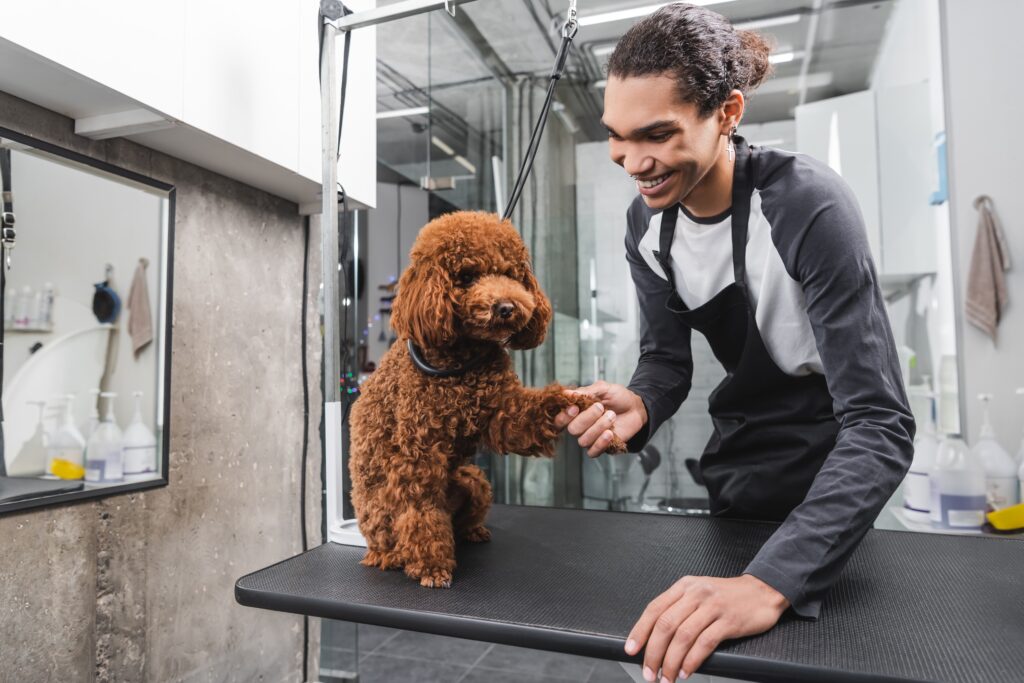Imagine you’ve been running a vet office for years, but you aren’t seeing the success you want. Before you close up shop or deem your business a failure, consider offering dentistry for dogs.
Providing dental care can be an excellent tool to help keep your clinic growing. You may even be able to use the service to grow and get more clients and patients.
Read on to learn more.
Why Offer Dentistry for Dogs
If you want to expand your veterinary practice with dentistry for dogs, you should consider the benefits. Offering dentistry services can help you, your patients, and your clients. Maybe you’re looking to switch veterinary careers, or you simply want to grow your practice. In either case, adding dental care to your services is an excellent strategy.
Consider a few reasons why you should offer dental care for dogs.
Give Pets a Better Life
You probably became a veterinarian to work with animals and keep them healthy. Taking care of their teeth is one more way you can do that, and you don’t have to stop offering standard vet services.
Some dental problems may not affect a dog’s life that much. However, more serious problems may cause pain or discomfort, and the dog may have a hard time eating or playing with toys.
If you do a dental exam on a dog, you may find they have an infection. In that case, not treating the infection could affect the dog’s overall health, and they may even have a shorter life expectancy.
Attract New Clients
Offering dentistry for dogs may help you attract new clients to your practice. If you’re the only vet office in the area that provides the service, you can get clients who normally visit other vets.
Even if these clients only come to you for dental care, that can still help expand your business. But you might be able to convince some of the new clients to come to you for all of their veterinary needs.
You can market yourself and other vets in your practice as a specialty clinic. When you stand out, you may find it’s easier to get new people to book an appointment with you.

Retain Clients
A similar benefit of providing dentistry services for dogs is that you can retain clients. You won’t have to send clients to another vet office when a dog needs dental work.
Dental care also lets you help your current patients more, which can make your clients happy. Clients who like your services will want to come back, so you can earn more from each dog you treat. If you want to make it even easier to retain clients, set up text messages. That way, you can remind clients when their dog is due for a routine dental cleaning or other services.
You and your team won’t have to manually remind clients or rely on them to contact you. Over time, you can get more dentistry appointments and general visits.
Fill Your Schedule
Maybe you have a lot of downtime in your day, and you feel like you could do more. If you’re having trouble filling your schedule, you might want to offer dentistry for dogs.
Whether you opened a new practice location or something else is up, you could see a drop in appointments. Of course, you can market your existing services to get more clients and patients to come to your office.
You might even advertise walk-in visits to fill the time between appointments. However, dental care can be an excellent service to offer if you struggle to fill your schedule.
Offering the service will help you get more clients, and you can get more frequent visits from the same animals. That way, you won’t have to worry about wasting time during the day. Try out the Daysmart Vet Sofware free demo to reap the rewards of a full schedule!

Increase Revenue
Of course, as you book new clients and retain existing ones, you may see an increase in revenue. If you stop having a ton of downtime each day, you can bring in more money without offering longer hours.
You may incur more expenses for dental equipment and by hiring a veterinary anesthesiologist. However, the costs can be well worth it over time. As you start offering dental services to more dogs, your revenue can slowly go up and up. You may even be able to charge more for a dental cleaning than a standard visit since the service is more specific.
There are many things you can do to increase your vet practice revenue. But offering a new service, such as dentistry for dogs, is an excellent option.
Causes of Dental Problems in Dogs
Before you start offering dog dentistry services, you should consider common dental problems in dogs. Think about some common dental issues you’ve had.
While dogs don’t get cavities as often as people, they can get periodontal disease. That’s the most common dental condition, and it affects the gums and the bones around the teeth.
You can help treat periodontal disease in dogs to keep them healthy overall. That way, you can also help your clients, and they may feel better about putting their dog’s care in your hands.
Other problems a dog may experience can include broken teeth or a broken jaw, or a misalignment. Infections and palate defects can also necessitate special dental care for a dog.

Dog Dentistry Services
When deciding to offer dentistry for dogs, you should consider a few services. You can offer multiple services to attract a broad range of clients and pets, or you can specialize in one or two services.
Keep in mind that when you offer these services, you or someone on your team will need to have experience with anesthesia. Dogs usually go under anesthesia for dental treatment to keep them from biting or causing other issues.
If you’re ready to start offering dog dentistry services, consider some specifics. That way, you can offer the right services for your patients.
- Cleaning
One of the standard dentistry services to offer is cleaning. Yes, your clients can keep their dog’s teeth clean at home. They can use things like dental chews or dental spray.
Special chew toys can also help keep dogs’ teeth in good condition. However, clients should still bring their dogs to you for a full cleaning since you can get below the gum line.
You can also perform an X-ray to look at the roots of the teeth and other parts of the jaw. Then, you can clean the teeth better than what a client might do at home.
Adjustment If a dog’s teeth aren’t in the right place, you can perform an adjustment. You will make an inclined plane for the dog to help bring the teeth into place, similar to braces for humans.
An adjustment may not always be necessary. Clients can use a hard rubber toy to help their dog move the teeth into the correct, spot, but a procedure is nice for more severe cases.
- Filing
They may not be as common in dogs, but dogs can still get cavities. If you have a patient with a cavity, you can add a filing to protect the inside of that tooth.
Be sure to look at a dog’s teeth well and use an X-ray when performing any dental work. Then, you can add a filing when the dog is under anesthesia, and your client won’t have to schedule a separate visit.
- Extraction
Of course, dogs can have really bad teeth, and you may need to remove a tooth that’s causing problems. Like other dental services, you can extract a tooth from a dog.
Maybe you discover that a tooth is impacted or that it’s affecting the rest of the dog’s bite. Or you might get a client who says their dog doesn’t seem to eat, so you decide to perform an exam and determine you should remove a tooth.
- Repair
In some cases, you may have a patient with a tooth that’s in bad shape, but you don’t need to remove it. You might be able to repair the tooth to help relieve pain or discomfort for the dog.
Of course, it’s hard to know for sure how a dog is feeling due to their teeth. But in an exam, you can discover problems and determine if tooth repair is the best course of action.
How to Bill for Dog Dentistry Services
When deciding to offer dentistry for dogs, you have a lot to consider. One of the most important factors is how you will bill for your work, even if you already have tiered pricing or another billing system.
You need to determine how dog dentistry services will factor into your current methods. Alternatively, you may set up a whole different system to keep track of payments for dog dental work.
Either way, here are a few steps you can take to bill for dental care successfully.
Set Your Rates
First, you need to set your rates for common dental services, such as cleanings and X-rays. You can do some research on other vet offices that provide these services to see what they charge.
Think about the cost of living in your area as well as your experience offering dental care for dogs. If you won’t perform the care, consider the experience of another vet in your practice. Then, you’ll know how to set prices that will make sense for you and your clients. You can keep your prices competitive without losing out on profits.
Determine If You’ll Accept Pet Insurance
Another factor to consider is if you’ll accept pet insurance for dental work. Taking pet insurance can be a great way to attract more clients who don’t want to pay out-of-pocket for the service. However, you may find it takes more work to bill the insurance company. Consider if you already accept pet insurance for other services in your practice.
If so, billing insurance plans for dental care shouldn’t be much different. But if you don’t already take insurance, you might not want to start when you begin offering dentistry for dogs.

Decide How You’ll Bill the Services
You also need to think about how and when you will charge clients for their dog’s dental work. Maybe you will charge the client before they leave the office, or you’ll collect payment online.
Taking payment online can make the visit go more smoothly, but you have to make sure people pay. That way, you will be able to get the money for the work you performed.
When deciding how to bill for dog dentistry, consider if you will combine the services with other care. Keeping dental care separate can be nice, but it also creates more paperwork for you and your clients.
Send an Invoice
One of the easiest ways to bill for dog dentistry is to send an invoice to the client. You can use their email address or mailing address from the client or patient file.
Then, you can include a due date to get the client to pay on time, and you can charge a late fee if they don’t pay. Plenty of invoice templates are available online, so you don’t need to create one from scratch.
Instead, you can make things easier on yourself, your staff, and your clients.
Collect Payment Information
Another option is to collect payment information from clients at the visit. You can accept credit cards, checks, or cash payments, so you can get the money right away.
This is an excellent option if you don’t trust clients to pay an invoice later. Even if you don’t bill the client right away, having their information lets you bill them when necessary.
That way, you’ll get the payment for your services, and you can keep your clinic running.
Will You Offer Dentistry for Dogs?
Dentistry for dogs may seem like an unnecessary service, but it can make or break a dog’s health. If you want to grow your veterinary practice, you should offer dental care to your patients.
That way, you can get clients to come back for more services, and you can set yourself apart from other offices. Soon enough, you may become the go-to dental vet in your area. Do you need software to track your new dental services and other offers? Request a demo today.

